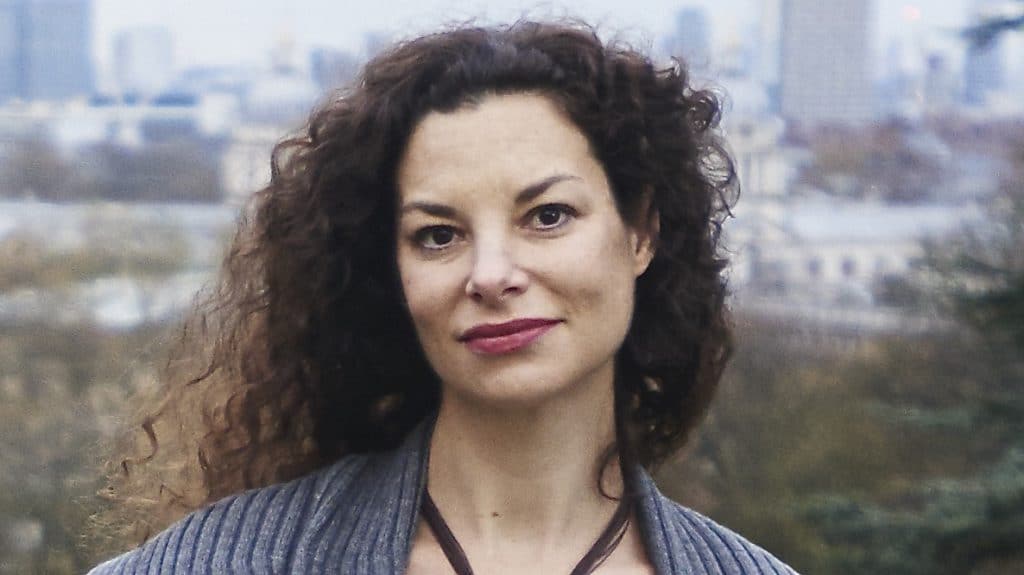This year it will be ten years since environmental journalist and broadcaster Gaia Vince began her 900-day journey around the world to take stock of humanity’s impact on the planet.
Back then she never expected to see the important changes now happening globally – the explosion of renewable energy production, the rise of electric vehicles, tariffs on coal production, and a general acceptance that climate change is real, caused by humans and that we need to do something about it.
‘Adventures in the Anthropocene’, the book Gaia wrote as a result of that journey (for which she became the first woman to win the Royal Society’s Science Book of the Year prize), paints a stark picture of the state of our natural world, yet has a thread of positivity running through it – stories of optimism, of people’s innovative attempts to solve environmental problems.
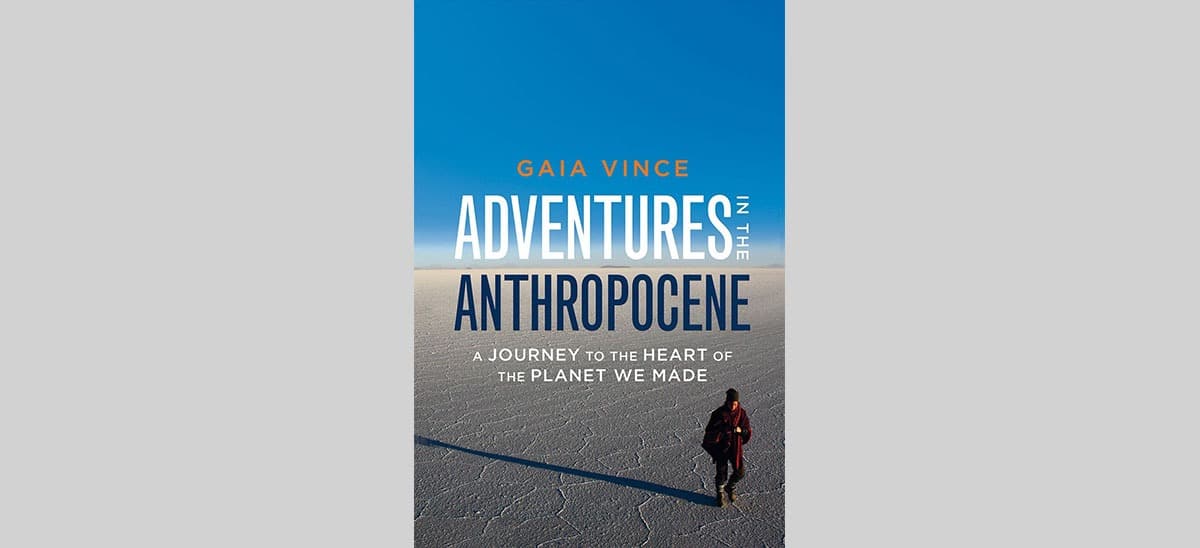
We live in times of enormous change
A specialist on science, society and the environment, Gaia recently fronted UK series ‘Escape to Costa Rica’ (Channel 4). In between building artificial reefs and marvelling at sloths she proved we can all learn from the happiest nation on earth’s use of renewables and success with reversing deforestation.
By holding up a mirror up to humanity, Gaia urges us to think about human sustainability: “It’s not just making sure that rainforests are intact, but also that humans that rely on them are intact too. We can do that by really understanding the importance of diversity. “
We chat to the wandering writer about how we can make a change step by step, how animals and humans will adapt, and who will be the big winners and losers. “Welcome to the Anthropocene: the Age of Humans.”
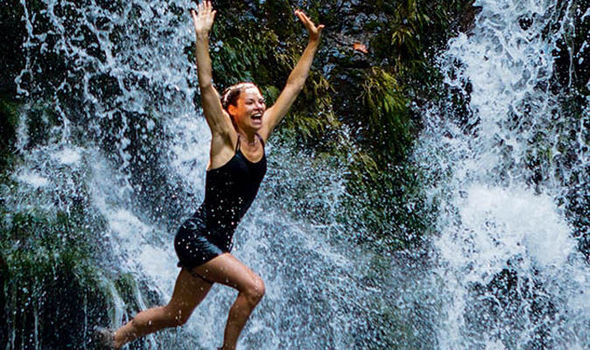
Having a terrible time in Costa Rica (Channel 4)
Gaia Vince:
I’m an adventurer. Science is exciting. It’s an exploration. It’s an adventure into uncharted territory. We have the power to dramatically shift the fortunes of every species, including our own. It’s a thrilling but uncertain time to be alive.
There is no stasis in evolution. At one point there were hippos and lions roaming around Northern Europe. Where I am sitting now in London was also at some stages completely covered in ice. For most of human history, we have lived in a remarkably stable, holocene period of calm and reliable climate. But our air pollution is taking us out of this period of climate stability.
My first book ‘Adventures in the Anthropocene’ looked at how we have changed the planet. The book I’m writing now is about how we became this incredible species that changed the planet profoundly. We live longer and better than ever before.
Recognition about climate change seeds momentum for other positive things. I’m encouraged that globally, governments agree we need to start lowering the potential temperature of the earth. What excites me a lot is the recognition that it makes economic as well as environmental sense to move forward with other methods of producing energy, especially electricity.
In the 70s or 80s we used to fear we would run out of oil. Now we are voluntarily deciding it’s not economically feasible – in every sense – to drill for it.
Water is the biggest challenge we face. We depend on it. There is an awful lot of water on the planet, but most of it is ocean water. We know how to change it into fresh water, but it takes energy – and at the moment we are not linking up all these processes. We will have to.
If people’s very basic needs are not met, it is impossible to get ahead. Lack of water continues to be the cause of wars, of poverty, of food poverty, of health problems. Having no access to toilets is a health issue, a women’s issue, it leads to abuse, it leads to increased poverty.
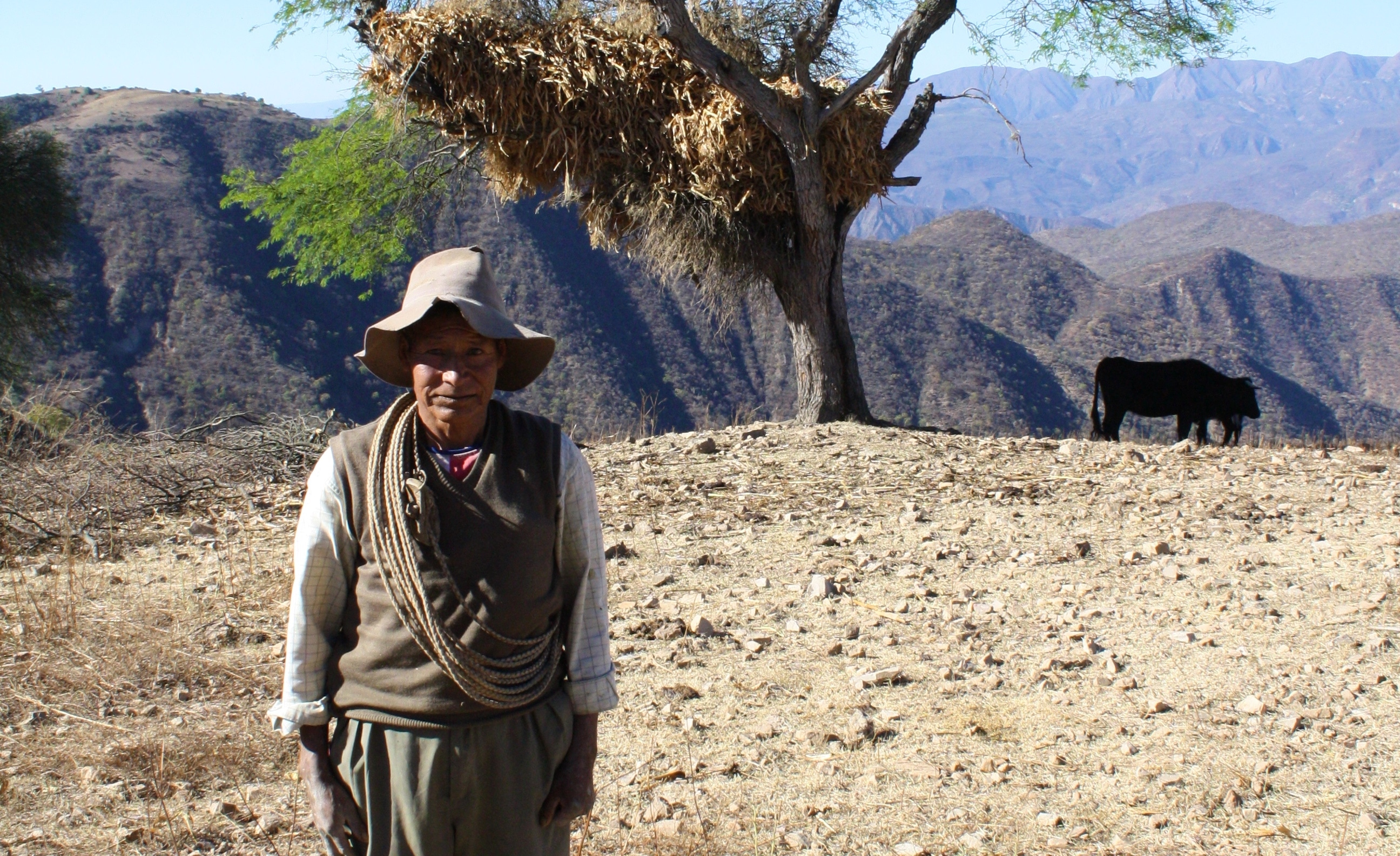
Drought-struck farmer in Bolivia (Photo: Gaia Vince)
Biodiversity loss has really accelerated. It’s the most alarming change in the ten years since I set out on my travels – coral reef bleaching, ecosystem destruction, devastation of marine life. It’s incredibly sad, but on the other hand new conservation areas have opened up. We are threatening our own futures, but we are also doing more than ever before to address that.
Animals and humans will adapt. We shrink some habitats, we create other artificial habitats, such as cities and roads. There will be some big losers – but there are also some winners.
The grey squirrels in the UK have done very well. We have introduced species to new habitats where they thrive. A ‘loss-only’ view of biodiversity is not an accurate lens.
We want there still to be elephants. We don’t want turtles to get ensnared in plastic bags. Nature documentaries show us heavily curated, pristine environments – and it helps us want to keep that world. We also need to see the reality of our human planet, though, which is far from pristine.
It’s up to us. We can change things. We can decide who wins and loses in this system – and let’s hope it’s not malaria carrying mosquitos spreading across the world as it gets warmer, for instance.
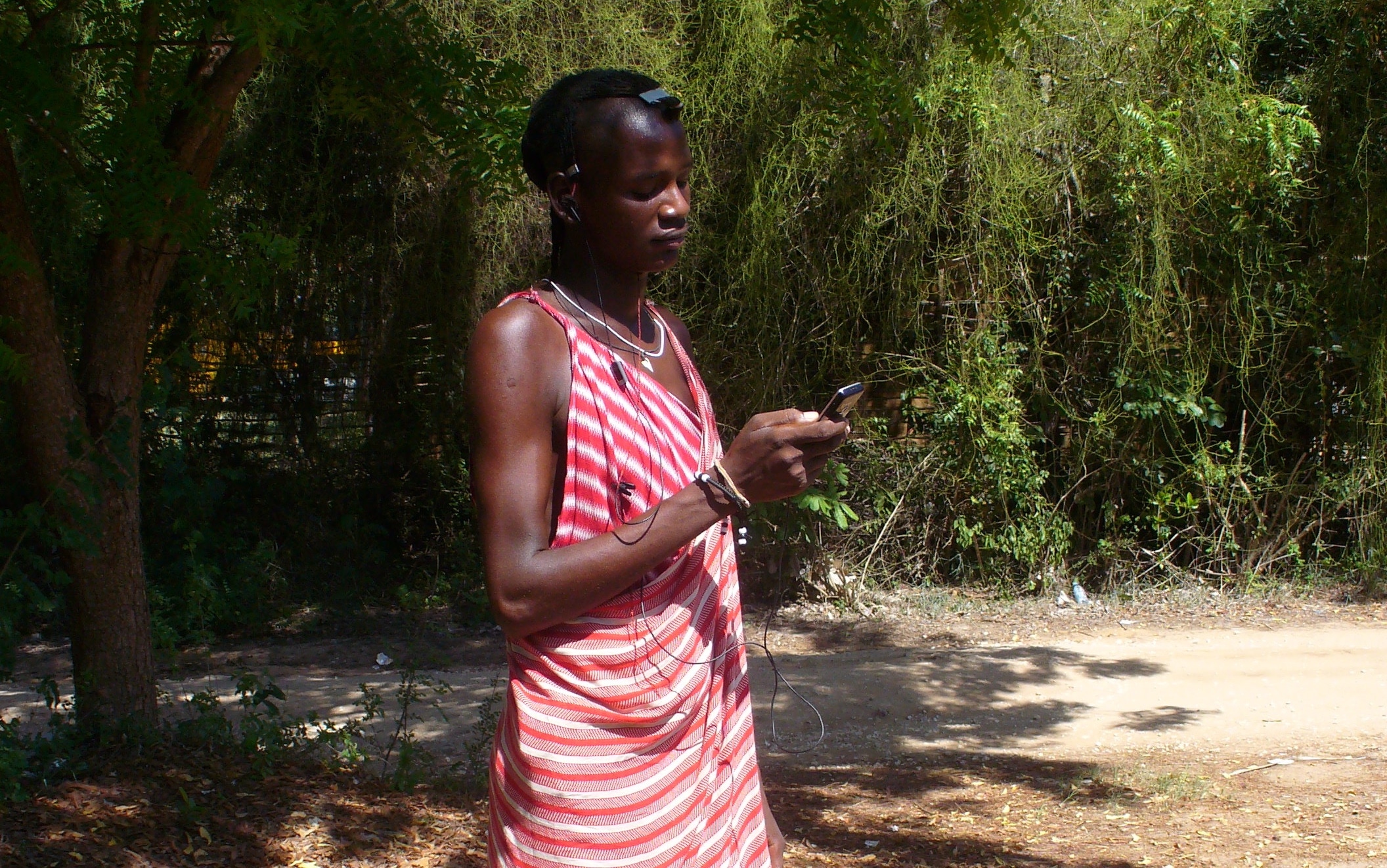
Masai with mobile phone (Photo: Gaia Vince)
We all started as part of tribal communities, but it’s easy to lose sight of that in our global village. We forget how well we work as cooperative, collaborative, social communities.
Solutions have to involve the people they affect right from the beginning. We must not allow a template to be decided on in one place and then imposed around the world.
One of the most inspiring people I met is Mahabir Pun, a retired Nepali teacher. In spite of the political, economic, climate issues affecting Nepal – including less rainfall – he managed to transform the lives of his community and neighbouring communities.
Pun smuggled home Wi-Fi kits into mountain yak herders’ villages. He connected up places with no phone lines and no electricity using micro-hydro, solar and wind power. They now have access to the countless benefits and economic transformation that connectivity brings: telemedicine, credit card payment processing from tourists and selling local products to a global market.
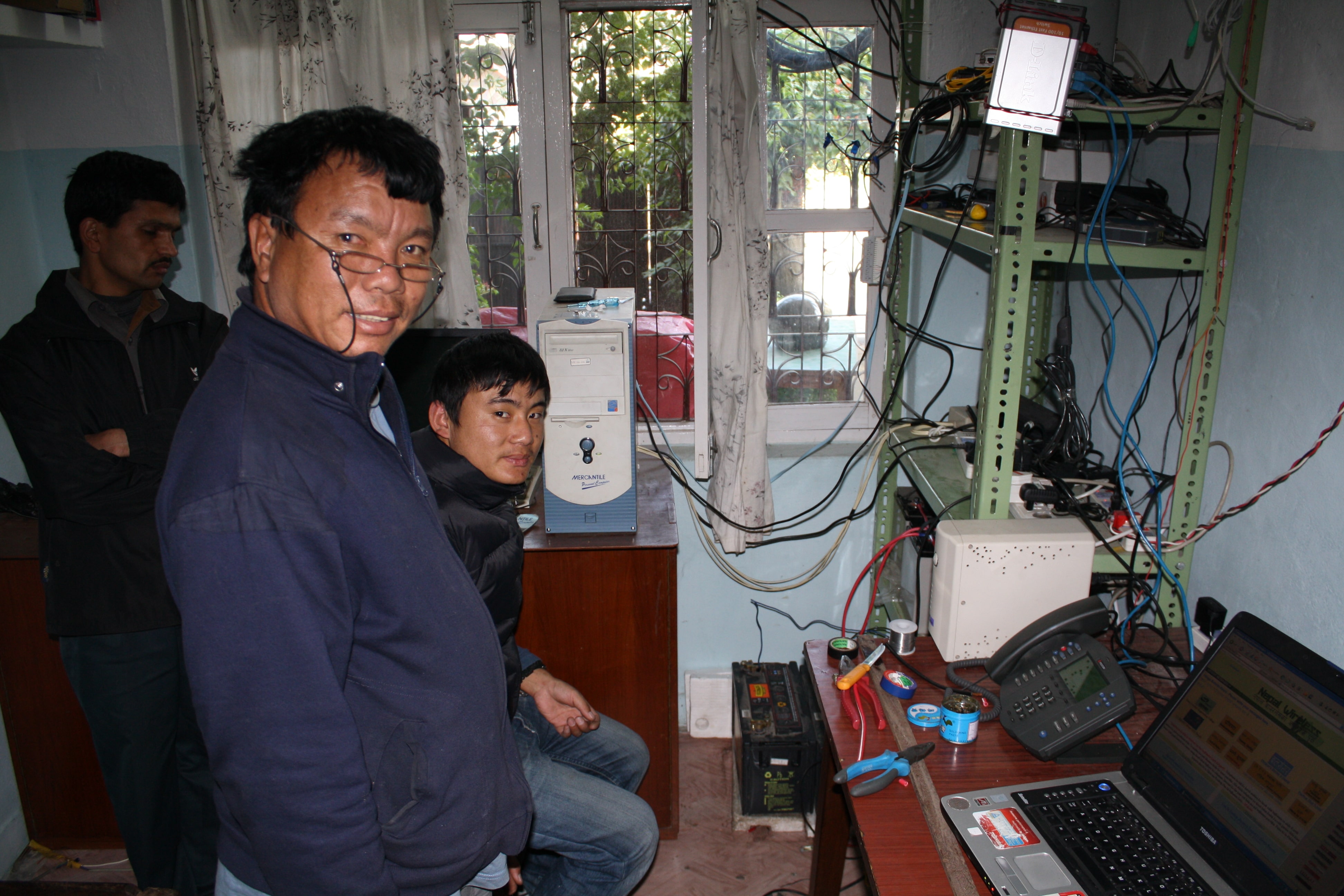
Mahabir Pun in his nerve centre in Pokhara, Nepal
Step by step we can make change. We can do it through our choices: how we want our local environment to look, the consumer decisions we make, where we want to invest our money, how we travel.
Plant a tree, clear up your local stream, vote. It might not have global impact, but it sure has local impact. Your local environment is what you live with and what you think of as normal. If we grow used to a more vibrant and healthy natural environment around us, that is what we will continue to aim for.
If I could have one ‘FuturePower’ it would be simple. Stop Brexit. Put someone decent in the the White House.
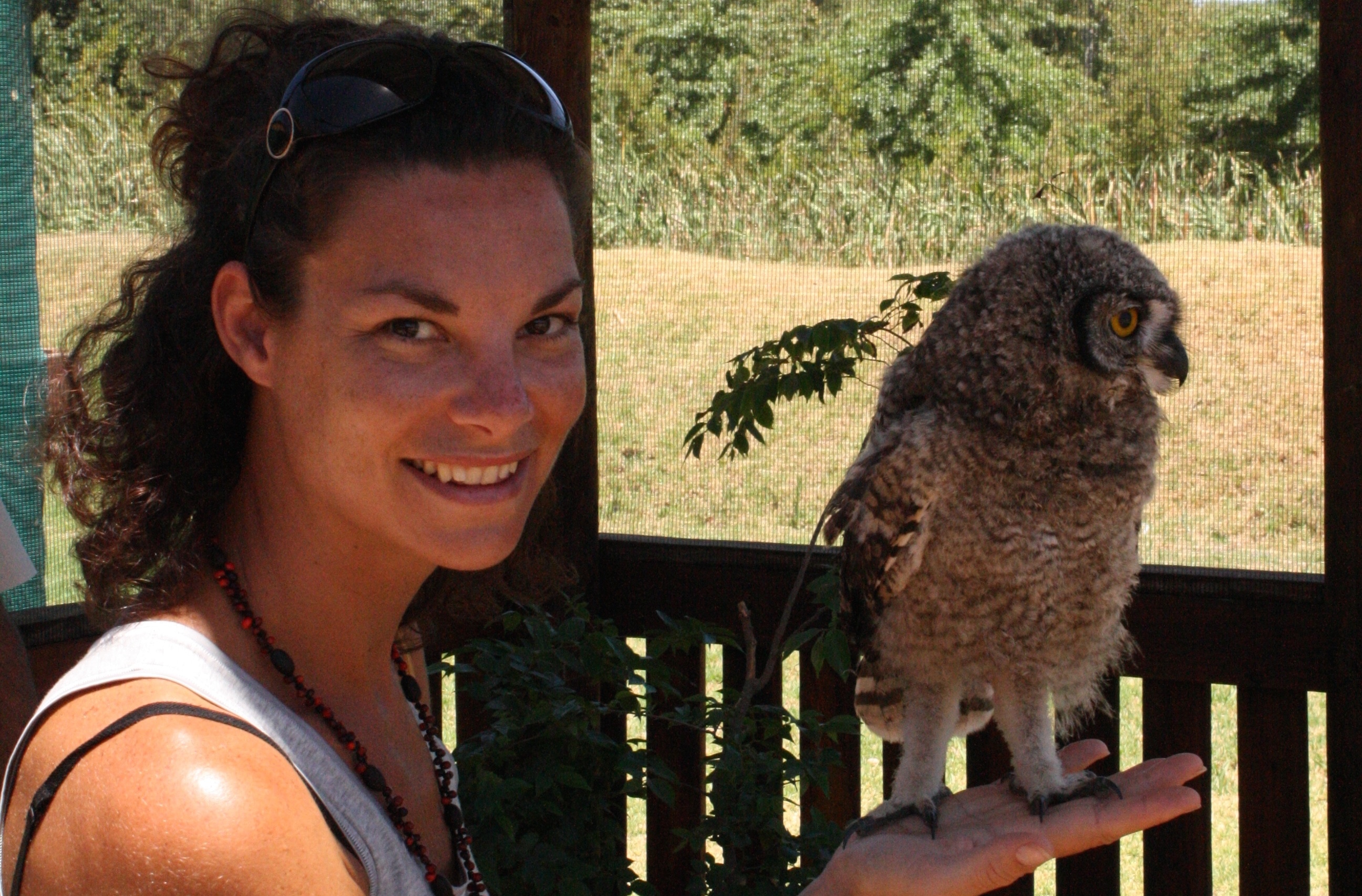
Wise words from Gaia
Listen ►Gaia Vince was talking to Cathy Runciman. Feel the joy as the Atlas co-founder talks about the most creative Atlas project and the most moving. (Spoiler Alert: includes sheep and vultures!)
Watch ► Gaia appeared at Atlas of the Future’s Barcelona conference: ‘Fixing the future: adventures in a better tomorrow’. Check out the video here.
AtlasRead ► Adventures in the Anthropocene
